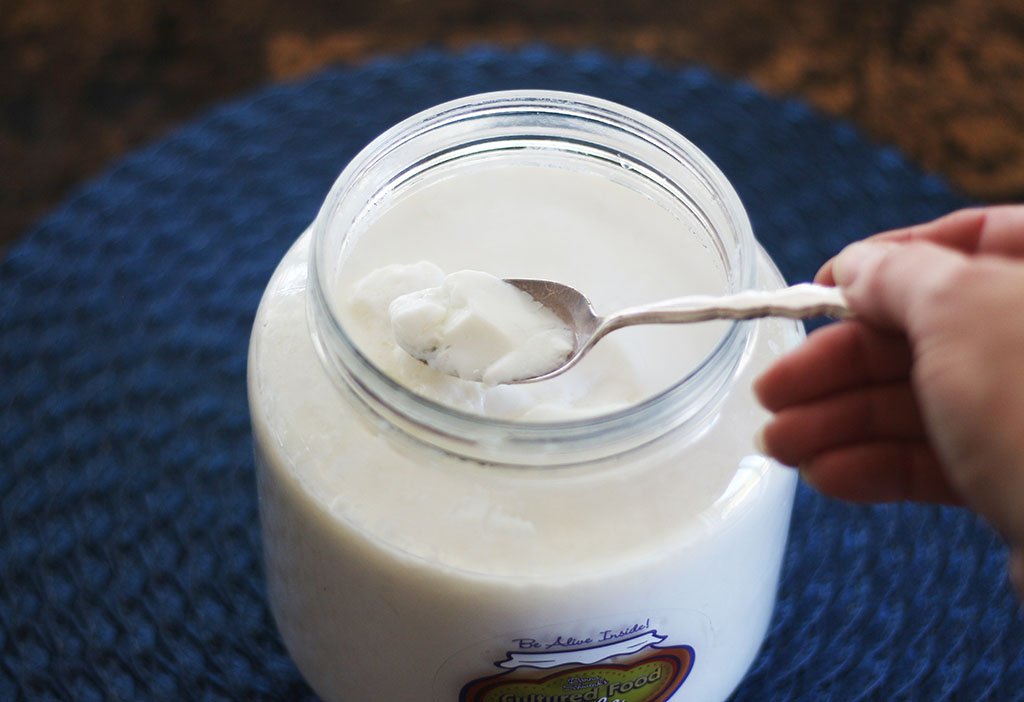
Your Kidneys Might Need Some Kefir
I’ve received several emails from people who have been greatly helped by cultured foods in regards to kidney health. More and more medical research is showing great benefits to using probiotics for kidney health. New probiotic supplements have been developed to specifically treat the kidneys, and there have been remarkable results. Certain strains of probiotics can gobble up urea, uric acid, creatinine, and many other toxins that are not being eliminated by underperforming kidneys. As the healthy bacteria grow and multiply, they consume more and more of these poisonous substances, reducing the serum uremic toxin levels in people with compromised kidney function. 1
It was quite a surprise when people started emailing me about cultured foods helping them with everything from kidney stones to not needing dialysis. This was thrilling to me because I never knew there was a connection. Not only are people seeing improvement in kidney function, but they are also seeing that cultured foods can help prevent kidney stones.
Here’s one of my favorite emails about cultured foods and kidney health:
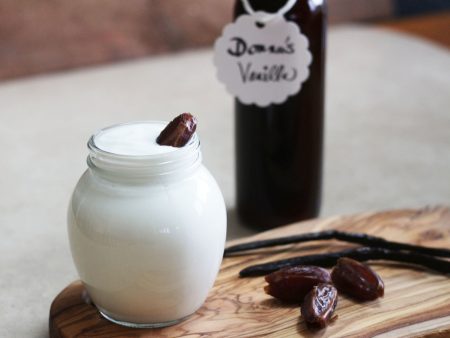
I had asked you if you had ever heard of anyone who had tried this cultured food and drink way of life with any results of repairing kidney function and you told me not that you had heard of, but you gave me encouragement to try it anyway. In my grief and despair I decided to do just that. Donna, I went back to the kidney care doctor just recently and he just kept shaking his head and said he didn’t understand how or why this way worked, but that not only had I lost weight in the two months since I last saw him, but my kidney function went UP 10 percent!!!!! Yay God!
He said he had never heard of this happening before. The nurse came back in after the visit and said in all the years she had worked for him she had never seen him speechless like that. All this, Donna, after only doing it for approximately 1 1/2 months!
Kidneys And Probiotics
How Kidney Stones Form
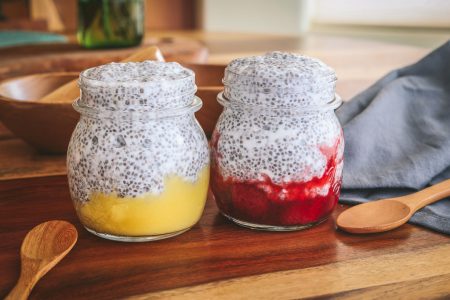
Bacterium that helps degrade oxalate
There is one bacterium naturally found in the digestive tract, Oxalobacter formigenes (O. formigenes), that has been shown to degrade oxalate, thus preventing kidney stones. Its levels vary depending on gut acidity and salts, and in some individuals, it cannot be detected. It is also very susceptible to commonly used antibiotics. In one study, adult volunteers who ingested a dose of O. formigenes had a reduced concentration of oxalate in their urine.2 While it is not known if O. formigenes is in cultured foods, another study showed that bacteria strains in cultured foods could be just as effective at reducing oxalate concentrations. This was seen in a four-week study in which six patients with major risks for kidney stones received a daily probiotic containing L. acidophilus, L. plantarum, L. brevis, S. thermophilus, and B. infantis—all of which are found in cultured foods. The results showed a great reduction of oxalates in all six subjects.3 Another study, done by the California Dairy Research Foundation and Dairy and Food Culture Technologies, got similar results in a study of ten people. 4
Another Life Touched
Just this week a woman posted on my FB page at Donna Schwenk’s Cultured Food Life regarding her golden retriever who was experiencing kidney failure. It warmed my heart and made me thankful for foods that can help heal and make us well – not only ourselves, but our furry friends too.
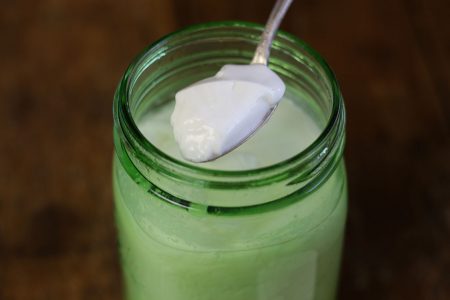
He was so weak he couldn’t even get up, total loss of appetite (which isn’t him at all).
We rushed him to the vet. The vet ran a series of tests on him and diagnosed him with Stage 4 kidney failure. We found it so hard to believe that just 24 hours earlier he was so healthy and happy and now he was suffering from end-stage kidney failure.
The vet didn’t know what caused it or how this could have happened to our dog but basically told us that there are no treatments for such an advanced stage of kidney failure in animals and we will just need to try to keep him as “comfortable” as possible from now on. The vet also informed us that she has never seen any pets recovering or surviving Stage IV kidney failure. So we were told to be prepared for the worst.
However, I knew in my heart that kefir would heal my dog. As soon as we brought my dog home from the vet, we immediately fed him milk kefir using a syringe as he had no appetite whatsoever. The very next morning, we took our dog back to the vet for a check-up and the test results showed that his kidney functions had improved a little.
We were so encouraged by this – we continued feeding him kefir a few times a day for a week and by the end of the week, we took our dog back to the vet for another check-up. The test results showed that his kidney functions were back to normal! This was just after a week of taking kefir daily. The vet was dumbfounded. We were so, so, so happy and thankful and grateful for the kefir miracle!
Our dog has remained healthy ever since that “health scare” and we continue to feed him kefir.
I love these foods for all they can do and I hope that someday soon they will help you in a way you will never forget. I’m gonna go give my dogs a hug, and thank my kefir that sits on my kitchen counter for all it does for me day in and day out. Blessings come in the most surprising and unseen ways. Did you have your kefir today?
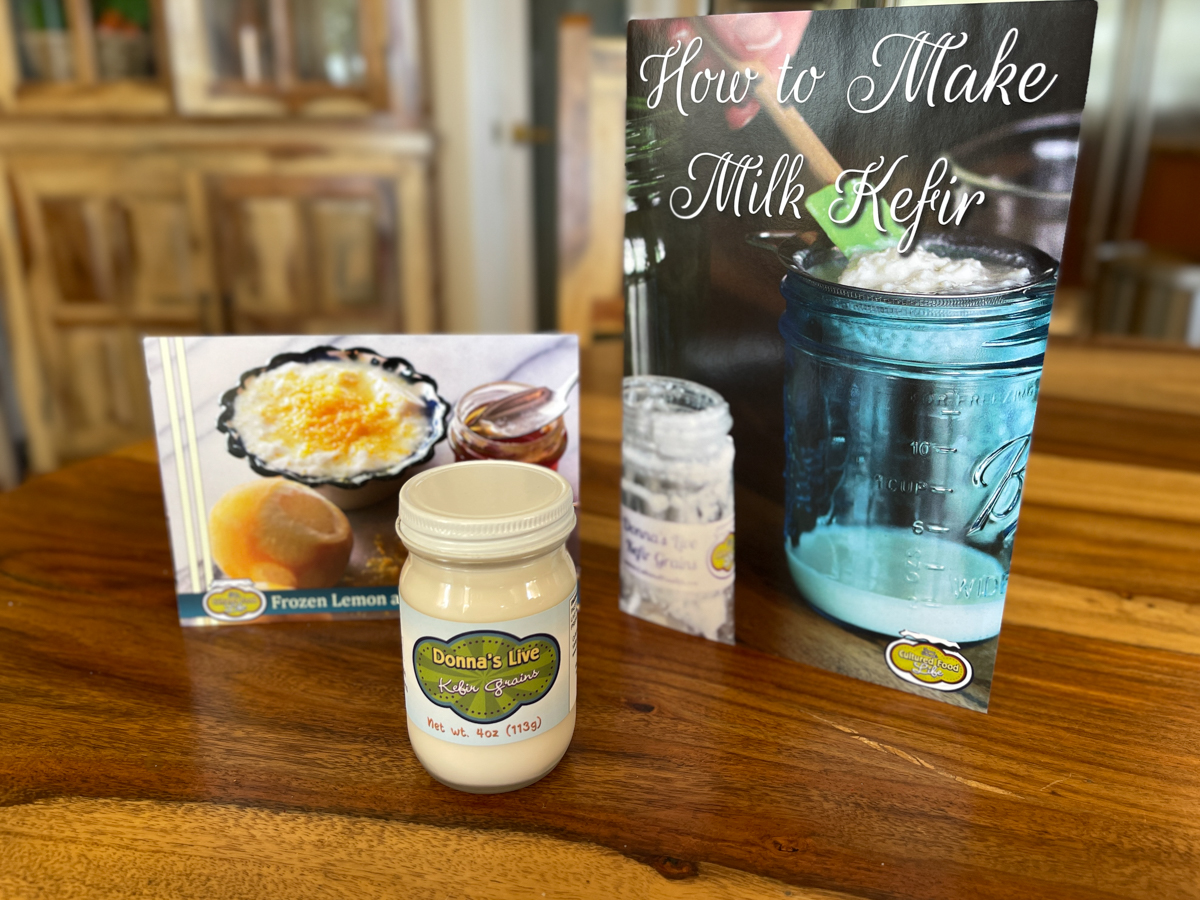
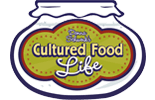
Where to Find Kefir
Grocery stores or the health food stores sell many different brands of kefir, but generally speaking, they aren't near as strong as homemade kefir. That's why I recommend that you get some kefir grains and make it yourself! It's easy to make, and you'll get a LOT more benefits from homemade kefir than you would with store bought kefir. Plus it's cheaper to make it in the long run because you'll have an endless supply of kefir by just adding milk.
If you live in the USA, you can purchase my personal Live Kefir Grains from my store. Otherwise, you might try checking one of these websites.
Learn How to Make Kefir
Kefir is fun and easy to make! I put together some easy instructions on making kefir, check it out!
Listen To My Podcast
More and more medical research is showing great benefits to using probiotics for kidney health. Here the research and stories of spectacular results with kidney problems when kefir is added to the diet.
References:
- Ranganathan et al., “Pilot Study of Probiotic Dietary Supplementation for Promoting Healthy Kidney Function in Patients with Chronic Kidney Disease,” Advances in Therapy 27, no. 9 (September 2010): 634–47.
- Duncan et al., “Oxalobacter formigenes and Its Potential Role in Human Health,” Applied and Environmental Microbiology 68, no. 8 (August 2002): 3841-7.
- Campieri et al., “Reduction of Oxaluria after an Oral Course of Lactic Acid Bacteria at High Concentration,” Kidney International 60, no. 3 (September 2001): 1097-105.
- J.C. Lieskie et al., “Use of a Probiotic to Decrease Enteric Hyperoxaluria,” Kidney International 68, no. 3 (September 2005): 1244-9.
Are you on the list?
Sign up today and I'll send you my free Getting Started Guide!
Each week I'll send you updates, tips, recipes, and more! You might even be a winner of my weekly giveaway! (starter cultures, memberships, and more!)
Come be a part of my cultured food family!

